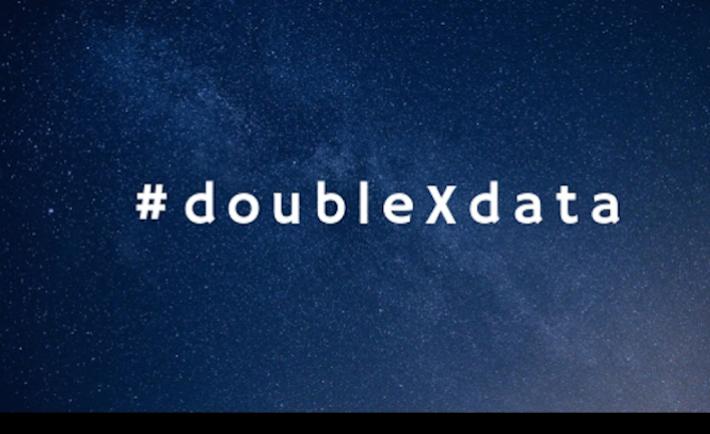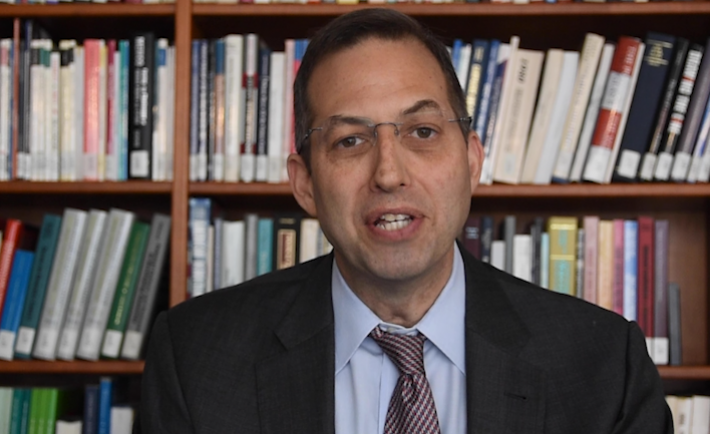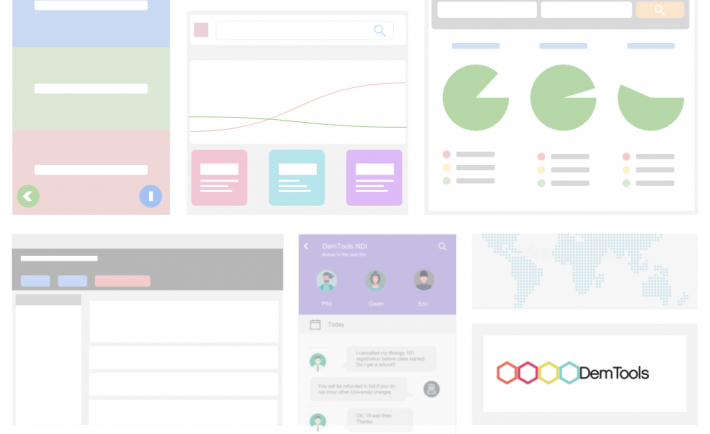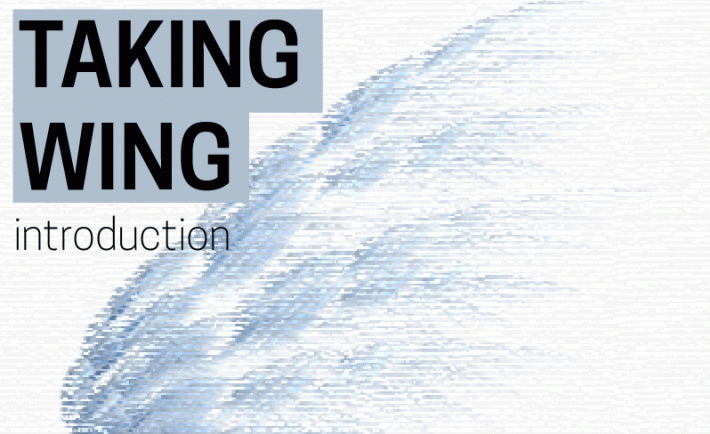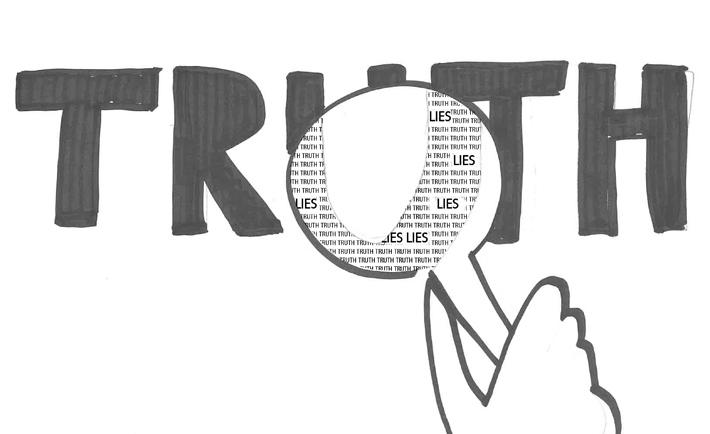In countries and communities around the world, defenders of democracy are working to understand and respond to the ways that technology is impacting political and electoral processes. With every election or political event, democracy’s defenders are capturing new lessons on how democracy can weather evolving threats and even thrive in the digital age. Despite this growing body of projects and the commitment of local actors in countries around the world, responses to evolving digital challenges to date often lack coordination. But both globally and regionally, key democracy stakeholders haven’t had a proper channel for information-sharing, research coordination, and advancing shared priorities at the intersection of tech and democracy. So we’re building one, as a community.
A Force Multiplier for Democracy in the Digital Age
The Danger of a Single Statistic
Many eye-catching headlines, World Bank indicators and even news on social media highlight and congratulate feminist progress based on the growing number of women elected to parliament, cabinet or other political bodies. For example, when my home country of Nepal elected its first female president, it was touted as a great step forward for women’s equality. However, these examples mask important underlying issues that limit progress for women. A single number really doesn’t tell the full story. In fact, for every side there is to a story, there should be a dataset to tell it.
My first Democracy Day as NDI president
On September 4, I became NDI's third president. I do so with humility, at a time when democracy around the world faces its most serious challenge in memory. While the United Nations' theme for this year's International Day of Democracy is "democracy under strain," let us honor the day not just by reflecting on challenges but also how far we’ve come.
Citizen Centered: Designing technology solutions for democracy at NDI
It’s amazing what humanity can do with the right tools. If you’ve ever looked up the work of Marshall McLuhan, he talks about how even the basic things we create change our outlook on life, politics and society. He’s also often attributed to having said, "We shape our tools and, thereafter our tools shape us…". The light bulb, for example, changed what time of day we can commune with each other.
I have been developing and designing software for close to twenty years. Since joining NDI, I’ve been thinking about the tools we build and how those tools, in turn, shape the lives of beneficiaries around the world. Human-centered design is the process of designing technology with and around the humans who use it. This process is analogous to building a bridge to connect two worlds. Just like civil engineers, practitioners of human-centered design at NDI must connect technology to the needs of citizens.
Taking Wing: Pathways to participation and leadership through youth wings
For more than three decades, NDI has supported political party youth wings as a means of engaging young people in formal politics. Youth wings are semi-independent bodies within a political party. Although structures differ, most youth wings have an established age for membership (e.g., 16-35), work to initiate young people into party politics and strengthen a party’s ability to address youth-specific policy issues – among other core functions. Organized youth wings, across party systems, are indicative of an important minority of young people trying to satisfy political aspirations through political party involvement. Youth wings can be a source of creativity and dynamism within a political party and are enabled when they have opportunities to shape party policies and participate in decision making.
Politically active young people need safe spaces
In honor of International Youth Day 2018 let’s discuss the importance of safe spaces for youth political agency and participation. Safe spaces can mean formal or informal spaces in which young people feel emotionally and physically safe, and can exist without discrimination for who they are or what they believe. While these spaces are formed for a variety of reasons, creating safe civic and political spaces can help young people securely participate in political processes, interact with political institutions and engage more meaningfully with decision-makers.
All for One: Building Information Integrity into Elections
Elections are one of the most critical elements of any democratic system, but also one of the moments where democracy is most vulnerable. Politicians compete to take control of the executive, become representatives in legislatures and sometimes appoint judges across branches of government, and the information environment plays a crucial role in the debates that decide who will represent the will of the people. This environment is increasingly mediated by the internet, through social media platforms, messaging apps, email and a wealth of new tools and applications that come online every day. Unfortunately, this new online environment is also increasingly polluted by disinformation.
In Fight Against Online Disinformation, A Variety of Tools Are Needed

Credit: Dave Taylor
In technology, you often hear geeks referencing the classic “garbage in, garbage out” problem. When the inputs to a system are bad, however beautifully crafted the program itself may be, the outputs will necessarily be bad as well. Our democratic systems are dependent on the input of citizens, but when disinformation is also an input the outputs of our processes can be deeply flawed. Disinformation and the systemic distrust it fuels has been a dangerous ingredient in the global surge of nativism, intolerance, and polarization undermining democracy and human rights around the world. Understanding and stopping disinformation is a tremendous challenge; any single solution will be incomplete so many will be required. In 2018, the fastest, most virulent and dangerous disinformation is spreading on digital platforms, and as such technical understanding is critical to wrap our heads around the problem.
Fixing the Glitch: Being part of the #NotTheCost Campaign
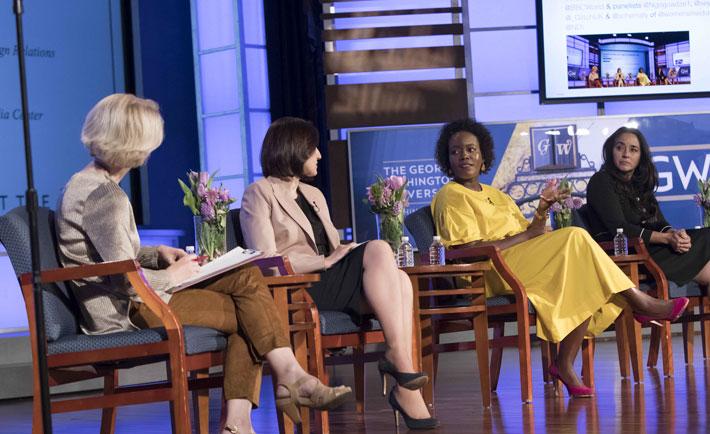
Seyi Akiwowo (second from right) speaking at the #NotTheCost Forum held at the George Washington University titled “Opportunities and Threats Posed by New Media.”
In 2017, after facing horrendous online abuse and harassment when a video of my speech at the European Parliament went viral, I founded Glitch!UK, a not-for-profit online abuse advocacy, campaigning and training organisation. Glitch!UK aims to end online abuse and harassment including online violence against women in politics. ‘Glitch’ means a temporary malfunction with equipment, and I used it for my organisation’s name because when we look back on this period in time I want us all to be able to say that the rise in online abuse and harassment was only a ‘glitch’ in our history. I was asked to be part of NDI’s Internet Governance Forum 2017 panel on the issue of online violence against women in politics, and in the months since then, I have become a public advocate for NDI’s #NotTheCost campaign, participating in three #NotTheCost events in Washington, D.C., in May.
A Once in a Generation Opportunity - LGBTI Rights in the Western Balkans and Turkey
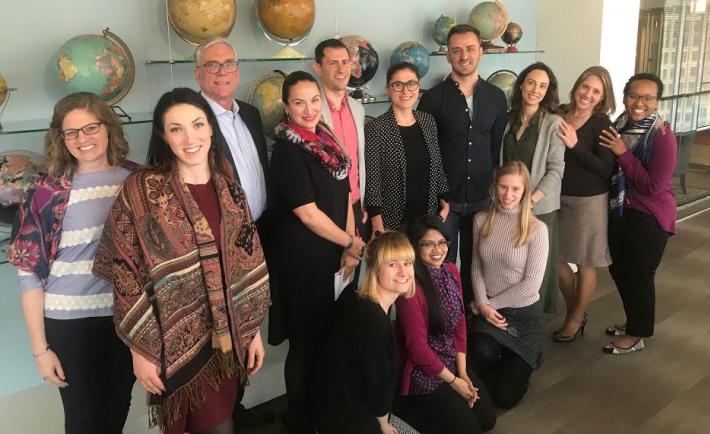
Representatives from NDI staff and the NDI Equal Voices Advisory Council with the Equal Rights Association co-Executive Directors Dragana Todorović and Amarildo Fecanji.
“This is a once in a generation opportunity,” declared Dragana Todorović, Executive Director of the LGBTI Equal Rights Association for Western Balkans and Turkey (ERA), during a recent meeting with NDI staff in Washington, DC. The “once in a generation opportunity” Dragana referenced alludes to a shared political entry point for most member groups: the chance to use the European Union (EU) integration process to advocate for greater LGBTI rights and inclusion at the national level. Leveraging this opportunity now could establish mechanisms and norms for LGBTI equality, such as national action plans – new or strengthened legislation and LGBTI CSO visibility in a mainstream political processes – that would have an enduring impact for years to come.

_1_0.jpg)
